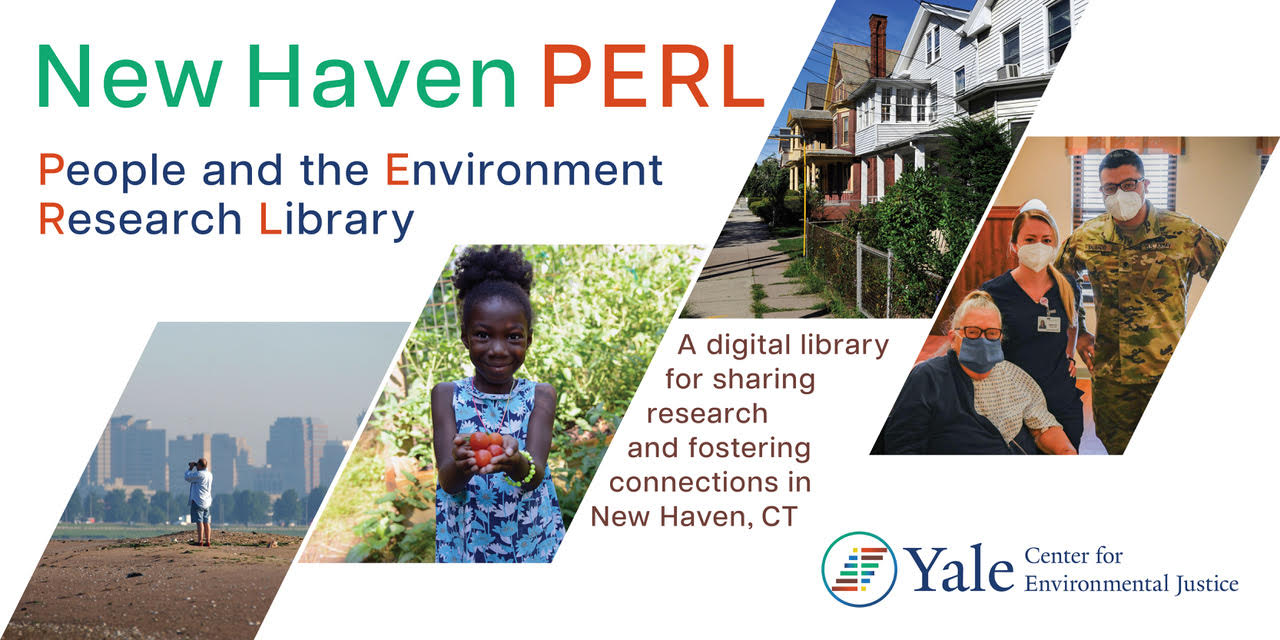Is Now the Time for Supervised Consumption in New Haven? Assessing the Complexities of Global Examples, National Efforts, and City Contexts to Support the Progress of Local Harm Reduction
Document Type
Thesis
Summary Description
The thesis titled "Is Now the Time for Supervised Consumption in New Haven?" explores the implementation of supervised consumption facilities (SCFs) as a harm reduction strategy to address the overdose crisis. It presents data showing the severity of the overdose crisis in New Haven, CT, and reviews successful global examples of SCFs in countries like the Netherlands, Switzerland, and Canada. Through a qualitative study, it identifies barriers and facilitators to SCF implementation in New Haven, emphasizing the need for community engagement, policy changes, and the inclusion of people who use drugs (PWUDs) in the decision-making process. The study concludes that while policy changes are underway, successful implementation will require significant relationship building and trust among diverse community stakeholders.
Abstract
The overdose crisis has been an issue of public health and safety in the U.S. over the past 30 years, as a wave of increased addiction and overdoses beginning in 1990 brought it to public attention and political salience. The impact of the current overdose crisis is felt deeply across the state of Connecticut and locally in the City of New Haven. Statewide data show that people in Connecticut are more likely to die from a drug overdose than they are from a car accident, firearm death or homicide, Alzheimer’s, influenza/pneumonia, diabetes, kidney disease, or septicemia (data not including deaths due to the COVID-19 virus). Within the state, New Haven County accounted for 25% of all drug overdose deaths from 2015-2020 and the City of New Haven itself has the second most drug overdose deaths in the county, placing it among the top five cities in the state for drug overdose deaths. This thesis compiles information from global examples of successful implementation of supervised consumption facilities (SCFs), as well as national examples of current efforts for implementation, and explores the evidence regarding the ability of SCFs to alleviate some impacts of the overdose crisis. The information from this compilation is then paired with insights from a qualitative study of key informant interviews in New Haven, Connecticut. I conducted this qualitative analysis to focus on the facilitators and barriers to SCF implementation in New Haven, Connecticut; moreover, I use John Kingdon’s “Multiple Stream Theory”5 in order to distill evidence regarding the potential for changing the policies and/or practices needed to establish SCFs. After review of all evidence, it appears that New Haven is considering policy changes which would support SCF implementation. However, the work of SCF implementation in New Haven will need to include more than just policy change. The process of SCF implementation will require relationship building and trust development among various communities in New Haven (e.g., residents of New Haven neighborhoods, business owners, religious communities, physicians, service providers, etc.) in order to work towards various forms of buy-in from these communities, ranging from active support to non-interference. Lastly, and crucially, this work needs to meaningfully include and center the voices of people who use drugs (PWUDs) in every step of the process. PWUDs need to be involved in all policy change and program implementation that concerns their health and well-being. Those in New Haven looking to implement SCFs need to listen to those with lived experience, incorporate their expertise, and continue the meaningful involvement of PWUD in this, and all, interventions.
Category Tags
Harm Reduction and Substance Use; Healthcare; Social Services; Law, Policy, and Decision-Making
New Haven Neighborhood
New Haven (All)
Recommended Citation
Frank, M. (2021). Is now the time for supervised consumption in new haven? assessing the complexities of global examples, national efforts, and city contexts to support the progress of local harm reduction (Order No. 28491615). Available from ProQuest Dissertations & Theses Global. (2545496835). Retrieved from https://www.proquest.com/dissertations-theses/is-now-time-supervised-consumption-new-haven/docview/2545496835/se-2
Supporting Teacher/Faculty Member
Alice Miller


